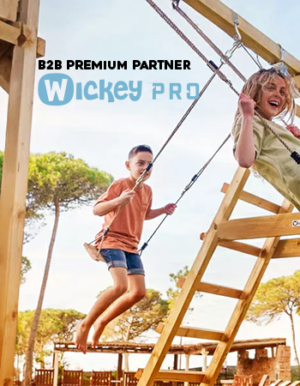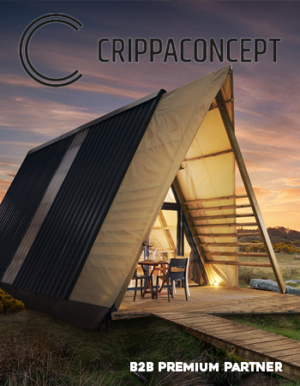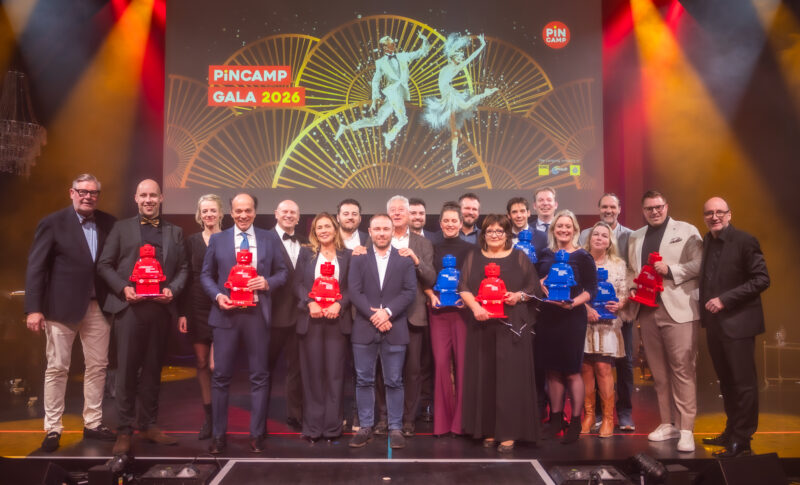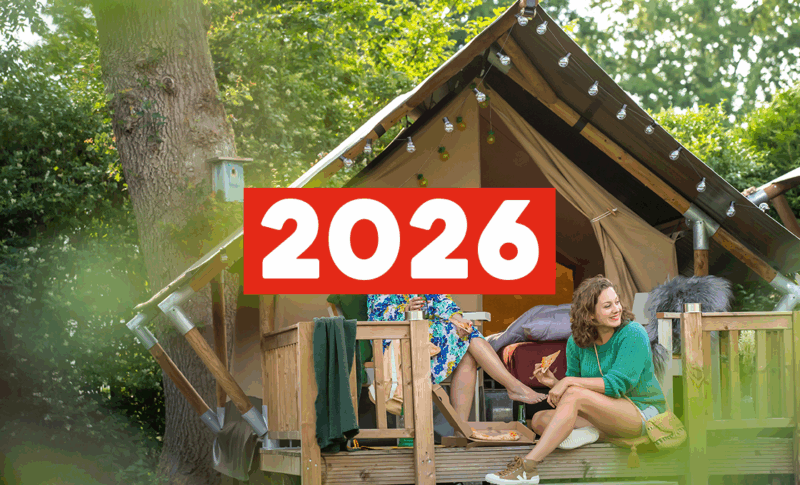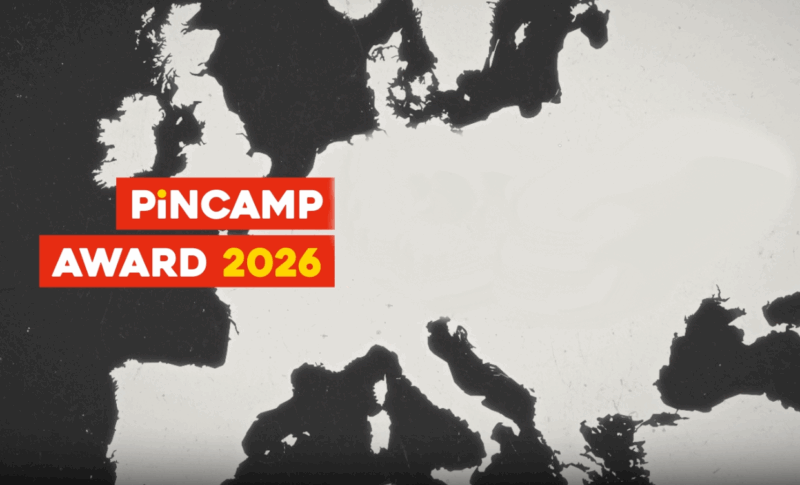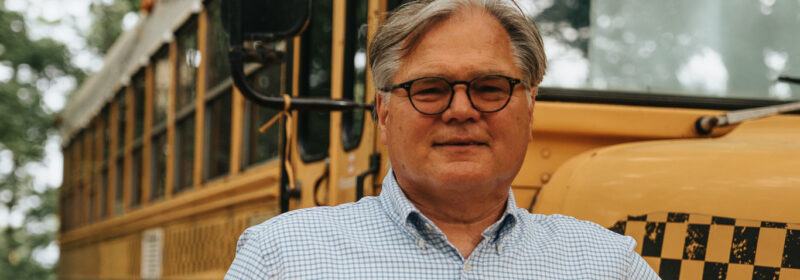
Rental camping or classic camping – who owns the future, what are the latest trends?
More and more campsites are investing in rental camping, setting up their own mobile homes or tents or working together with tour operators. This raises the question of whether rental camping and classic camping go together? And what about the new trend towards microcamping? Does microcamping hold opportunities or risks for our industry?
We asked two entrepreneurs about this, both of whom are successful, but who are taking very different paths. Read the first of our interviews here – with Loek van de Loo. With his company Vacanze col Cuore, Mr. van de Loo runs several campsites in Italy and Holland that rely heavily on mobile homes and develop exclusive glamping accommodations.
Rental camping, microcamping and future trends – this is how “Mr. Glamping”, Loek van de Loo sees it.
ADAC-Camping: In your experience, can a campsite offer both: classic camping with its own equipment and rental camping?
Loek van de Loo: Basically yes. A mixture of rental accommodation and caravans, mobile homes or bungalow tents of the guests does the ambience of many campsites good. In some Italian regions, such as here in Lombardy, a percentage of normal pitches is also mandatory. Both rental campers and campers with their own, often expensive, equipment like campgrounds with quality recreational and service facilities. At my campsite Weekend on Lake Garda, pitches with their own sanitary facilities are in high demand.
On the other hand, there are also camping fans who do not feel comfortable at a campsite with rental accommodations and a lot of luxury. They prefer “basic camping” or low-cost campsites – some because of their vacation budget, some also because they want to enjoy the simple camping life on vacation above all. Of course, some campers are also bothered by the fact that more and more sites are being occupied by rental accommodations.
What target groups do you see for rental accommodation at campsites?
- The core target group for rental camping remains families whose children are bored in a vacation home or hotel and who want more freedom, informality and nature. At the same time, however, they do not want to buy their own camping equipment and have as little “work” as possible with the accommodation. And they do not want to give up comfort. That’s why they book rental camping.
- Post-Covid vacationers – after the pandemic, the longing for lots of space, a vacation in the fresh air and freedom for the children is particularly great. More families, who have had nothing to do with camping, are coming to us via rental accommodation.
- Young or young-at-heart couples who love the camping and festival feeling, but please with a bit of comfort, retro style and a lot of lifestyle. This target group enthusiastically books rental caravans in vintage design in Italy, for example.
What do you think of the new trend of microcamping, camping on private land with very few pitches – opportunity or risk for the camping industry?
I see microcamping as positive for our industry. It completes the diverse range of options for enjoying a vacation outdoors. Microcamping appeals to vacationers who want to camp in a particularly individual way. Guests for whom classic campsites have perhaps become too large, too organized or too luxurious. Or guests who appreciate the low prices of microcamping. In Italy, the Agricampeggios, farms with campsites or microcamping, have a strong influx. There are many microcampers here who want to camp in a family atmosphere at a reasonable price, but who also want to eat at a top regional restaurant or buy fine wine from a neighboring vintner.
What future trends do you see coming to campgrounds that camping entrepreneurs should prepare for?
My 9 trends for the camping future are
- Post-Covid and post-crisis opportunities – more and more vacationers want to experience light-heartedness, freedom and nature after or during difficult times.
- Climate- and resource-friendly, nature-oriented vacations are in greater demand. With energy and water-saving technology, little plastic, much nature. Those who like camping pay special attention to this!
- Regional products at campsites, products from the region, farm tours, even closer cooperation with farms, wineries and other local producers.
- Short and second vacations – people want to experience something special in a camping weekend or 3-4 days.
- Lodging experience – many mobile home types have become too uniform, almost “boring.” New rental accommodations need to further differentiate themselves, offer individual experiences, special design, themes, additional services and a real wow effect.
- Mind & Body Care – Guests want wellness, fitness or yoga. But not as a great external luxury, but to relax body and soul, to live mindfully, “slowly” and holistically.
- Small but nice! Tiny Houses, Nature Houses, Beach Houses for vacations or for living. According to Covid, people become more aware, are satisfied with a few valued things.
- Hotel-Glamping &Glamping-Hotel: Hotels put up safari tents in the hotel park;
Campgrounds build hotels. Guests want both – comfort, but with a camping ambience and freedom for the kids. Grandparents with grandchildren, for example. In the Netherlands, some new hotels on campsites are more economically successful than normal hotels! - Premium prices are possible. Many vacationers want high quality, sustainability and above all emotions and experiences. If you really offer all this, you can command good prices and be economically successful.
Mr. van de Loo, thank you very much for the interview.
